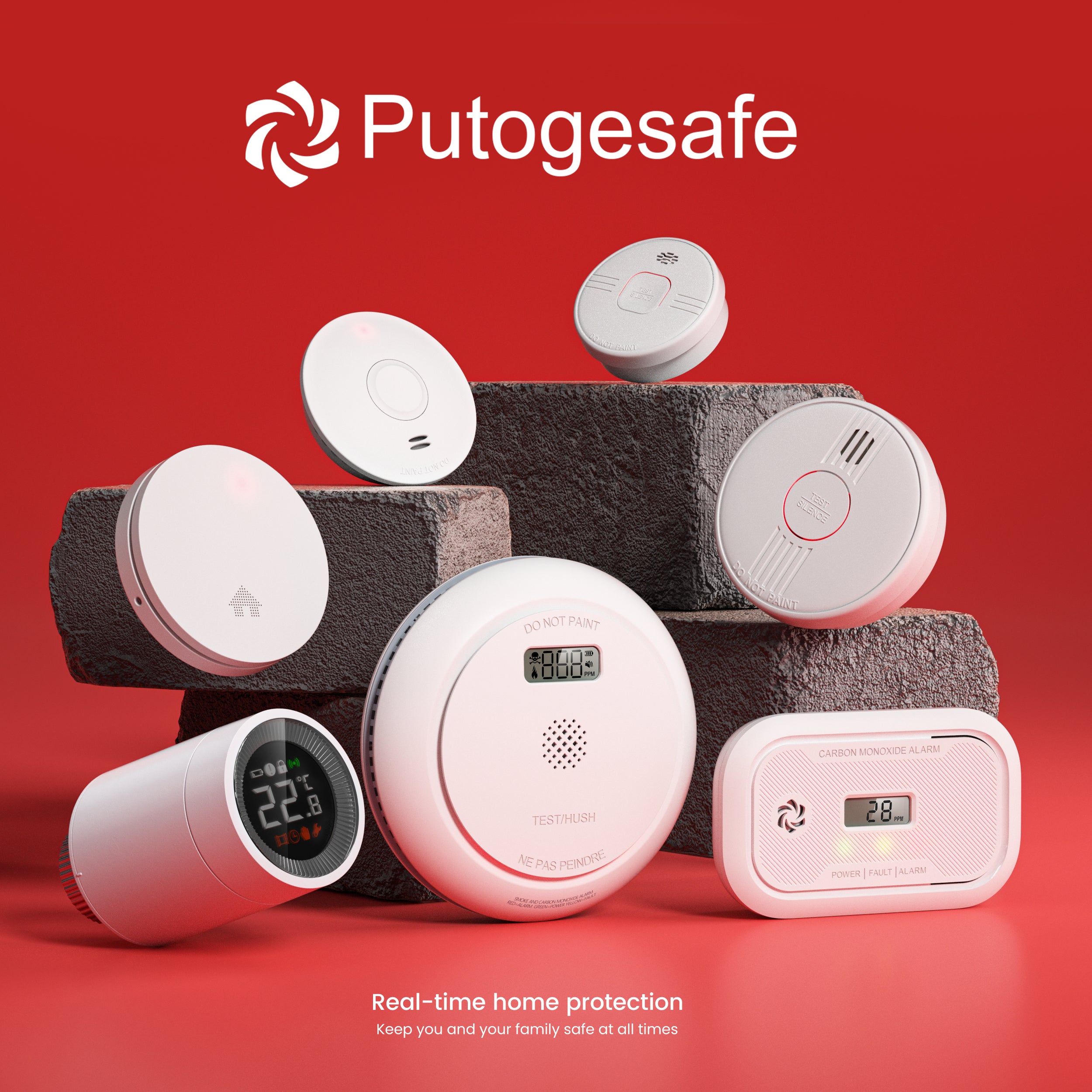Choosing the Right Smoke Alarm: Understanding Different Types and Technologies
Selecting the right smoke alarm for your home is crucial in ensuring optimal fire safety. With various types and technologies available, it's essential to understand the differences and choose the most suitable option. In this blog post, we'll explore the different types of smoke alarms and their technologies to help you make an informed decision that enhances the protection of your home and loved ones.
Ionization Smoke Alarms:
- Ionization smoke alarms are designed to detect fast-flaming fires, such as those fueled by paper or flammable liquids.
- They contain a small amount of radioactive material that ionizes the air inside the alarm chamber.
- When smoke enters the chamber, it disrupts the electrical current, triggering the alarm.
- Ionization smoke alarms are generally more responsive to rapidly spreading fires.
Photoelectric Smoke Alarms:
- Photoelectric smoke alarms are effective at detecting smoldering fires, characterized by smoky and slow-burning conditions.
- They utilize a light source and a sensor that detects changes in light patterns caused by smoke particles.
- When smoke enters the chamber, it scatters the light, triggering the alarm.
- Photoelectric smoke alarms are typically more sensitive to fires that produce larger smoke particles.
Dual-Sensor Smoke Alarms:
- Dual-sensor smoke alarms combine both ionization and photoelectric technologies in a single unit.
- By integrating both detection methods, they provide a comprehensive defense against different types of fires.
- Dual-sensor alarms offer the benefits of early detection for both fast-flaming and smoldering fires.
- They are an excellent choice for maximum fire detection capabilities and enhanced overall fire safety.
Smart Smoke Alarms:
- Smart smoke alarms incorporate advanced technologies and connectivity features for added convenience and peace of mind.
- They can be interconnected with other smart devices and linked to your home's Wi-Fi network.
- Smart smoke alarms can send real-time alerts to your smartphone, allowing you to receive notifications even when you're away.
- Some smart alarms can integrate with home automation systems, providing additional functionality and control.
Considerations for Selection:
- Assess the specific fire risks in your home, considering factors such as cooking methods, heating systems, and potential sources of combustion.
- Review local building codes and regulations to ensure compliance with smoke alarm requirements.
- Consider the installation location and determine whether a hardwired or battery-powered smoke alarm is more suitable.
- Evaluate additional features such as battery life, testing capabilities, and hush buttons for false alarm silencing.
Choosing the right smoke alarm is crucial in maximizing fire safety in your home. By understanding the different types and technologies available, you can select a smoke alarm that aligns with your specific needs. Whether it's ionization, photoelectric, dual-sensor, or smart smoke alarms, each type offers unique benefits in detecting different types of fires. Assess your home's fire risks, review local regulations, and consider additional features to make an informed decision. Ultimately, the right smoke alarm choice will enhance the safety of your home and provide you with peace of mind knowing that your loved ones are protected.
From Putogesafe Offical
